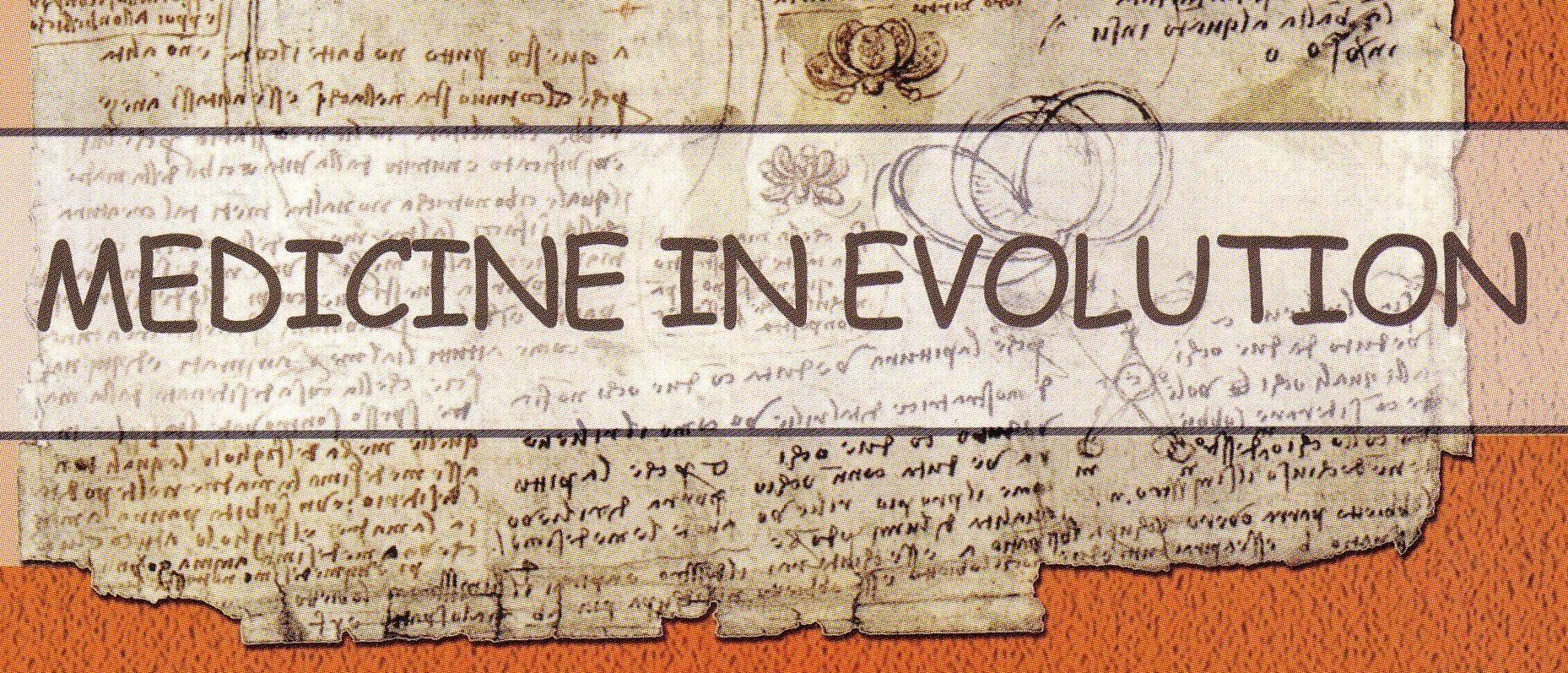|
Medicine in evolution
|
- Abstract - The healthcare industry faces growing scrutiny and pressure. On the one hand, healthcare organizations are expected to improve the quality of patient care, while on the other, they face demands to decrease the escalation of health care costs. Add to the mix increasing regulatory mandates for patient data security and escalating volumes of electronic information. Due to the evolution to electronic formats of patient data, the amount of information that is being exchanged is exploding. As we’ve all seen, Internet technology has become a dominant factor in business, academia, and healthcare, therefore the software architecture, design patterns and framework has been built for the complexities and challenges of the Web. Our model of IT Infrastructure is an independent integrated medical information system implementing a unique patient healthcare record in the setting of GPs, specialists and hospital healthcare system in Romania, built on a central database with a secure online interface. Setting: over 900 Romanian Healthcare Providers are using our model implemented in ICMed. Population: data was available for over 1000000 patients as of 2009. Requirements for an integrated healthcare IT system were analysed from the perspective of recent trends in IT technology and healthcare, European legislation, pharmaceutical industry, research developments and Romanian e-health policies. Recent trends emphasise two major directions: 1.) Quality management including assisted medical decision, error-proofing mechanisms, pharmacovigilance and adverse events handling and, 2.) Patient-physician shared electronic health records at a national and international level. Requirements for these features include a centralized health record integrating all medical data, methods to safeguard data security and confidentiality and flexible user interfaces to improve acceptance and reduce errors in a complex system. E-source is another development particularly useful for the pharmaceutical industry.
Webmaster: Creanga Madalina |
|---|---|
